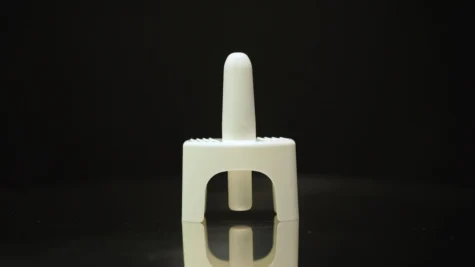Relapse is often considered one of the most feared aspects of recovery from addiction. While setbacks can be discouraging, they are a common part of the journey, and recognizing the early warning signs of relapse can help individuals and their loved ones take proactive steps to prevent it. At Southern Sky Recovery, we understand the challenges that come with overcoming addiction, and we are committed to helping individuals achieve long-term sobriety. By understanding the signs of relapse, you can equip yourself with the tools to stay on track during your recovery journey.
What is Relapse?
Relapse is defined as a return to addictive behaviors after a period of abstinence or recovery. It doesn’t necessarily mean someone has completely fallen back into their addiction, but it is a warning sign that recovery is at risk. Many individuals experience stages of relapse before returning to old behaviors, and recognizing these stages can provide opportunities to intervene and prevent full relapse. Relapse is not a failure—it’s a learning experience that can offer valuable insights into one’s recovery process.
The Three Stages of Relapse
Relapse is often broken down into three stages: emotional relapse, mental relapse, and physical relapse. Each stage offers different signs and requires different interventions. Understanding these stages can help individuals in recovery, as well as their support network, take proactive measures.
Emotional Relapse
The first stage of relapse is emotional relapse. In this stage, an individual may not be actively thinking about using substances again, but their emotions and behaviors are already shifting in ways that increase the likelihood of relapse. Common signs of emotional relapse include:
- Increased stress or anxiety
- Feelings of isolation or loneliness
- Irritability or frustration
- Denial or avoidance of emotions
- Difficulty asking for help
During emotional relapse, it’s important to address negative emotions before they escalate. Engaging in self-care, reaching out for support, and practicing mindfulness or other coping techniques can help manage stress and keep emotions in check. Individuals in emotional relapse may benefit from attending therapy or participating in support groups to discuss their feelings and stay connected with others.
Mental Relapse
The next stage, mental relapse, occurs when an individual starts to actively think about using substances again. They may begin to romanticize their past drug or alcohol use, rationalizing that using once more would be okay. Thoughts may include, “Just one drink wouldn’t hurt,” or “I’ve been doing so well, I deserve a break.” In this stage, common signs include:
- Preoccupation with thoughts of using substances
- Planning or fantasizing about using substances
- Comparing current struggles to past highs or feelings of euphoria
- Glorifying past addiction experiences
- Avoiding people or places that are supportive of sobriety
Mental relapse is a critical stage that can lead to physical relapse if not addressed. During this time, it’s important to remain connected to your recovery support system, including attending therapy or support group meetings. Talking about your thoughts and feelings can help dispel the fantasy of returning to old behaviors and remind you of the reasons you chose recovery in the first place.
Physical Relapse
The final stage of relapse is physical relapse, which occurs when the individual actually returns to using substances. This stage often happens after the emotional and mental stages have been ignored or not addressed. The signs of physical relapse are clear and may include:
- Returning to substance use or addictive behaviors
- Engaging in risky behaviors (e.g., drinking and driving, using alone)
- Loss of control over substance use
Physical relapse is the most severe stage and may require immediate intervention to prevent further harm. If someone you care about is in physical relapse, it’s important to offer support without judgment. Help them seek professional treatment or inpatient care, as necessary, to begin the process of recovery again.
Preventing Relapse: Key Strategies
While relapse is a common part of recovery, it is preventable. By recognizing the signs early on, individuals in recovery can take steps to stay sober and continue making progress toward long-term health and well-being. Here are a few strategies for preventing relapse:
- Develop a Strong Support Network
Having a solid network of support is essential to maintaining sobriety. This includes friends, family, therapists, and support groups. Open and honest communication about feelings, struggles, and progress can help individuals stay grounded in their recovery. Support groups, such as 12-step programs or alternative peer support networks, provide a community of people who understand the challenges of recovery.
- Create a Relapse Prevention Plan
A relapse prevention plan is a personalized strategy that identifies the triggers that could lead to relapse and outlines the steps to take if these triggers arise. This plan should include coping strategies for stress, how to deal with cravings, and who to contact for support. Having a plan in place can help reduce anxiety and give individuals the confidence to handle difficult situations.
Engage in Ongoing Therapy
Therapy is an essential part of recovery. Whether through individual counseling, group therapy, or family therapy, therapy helps individuals explore the underlying causes of their addiction and develop healthier coping mechanisms. Continuing therapy after the initial recovery phase can provide ongoing support and prevent relapse.
Focus on Physical and Mental Health
Maintaining physical and mental health is crucial for long-term sobriety. Exercise, healthy eating, and getting enough sleep all play a significant role in managing stress and improving overall well-being. Mindfulness techniques, meditation, and breathing exercises can also help reduce anxiety and promote emotional balance.
Southern Sky Recovery Offers Relapse Prevention and Aftercare
Relapse doesn’t signify the end of the recovery journey, but rather a reminder that recovery is an ongoing process. By recognizing the early warning signs of relapse and taking proactive steps, individuals can continue moving forward in their recovery with strength and resilience. At Southern Sky Recovery, we are here to support you through every step of your journey, offering compassionate care and guidance to help you achieve lasting sobriety. Remember, it’s never too late to ask for help and stay committed to your recovery goals.



